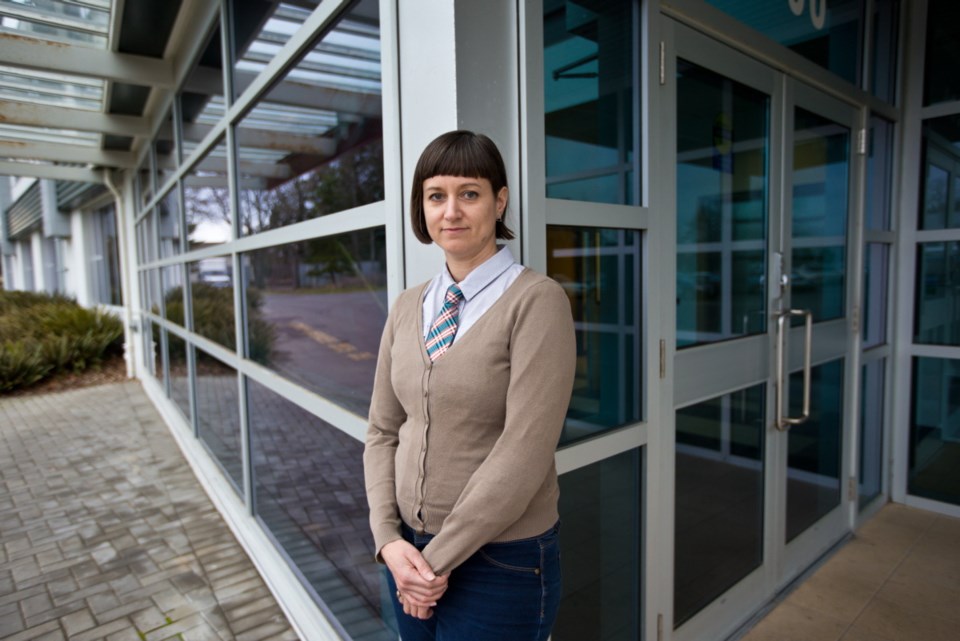Forcing addicts into rehab might seem an appropriate answer to downtown street problems, but evidence it works is suspect, says a university addictions specialist.
Karen Urbanoski, assistant professor with the Centre for Addictions Research of B.C. at the University of Victoria, said she has problems with the data used to demonstrate the effectiveness of compulsory addiction treatment.
“Is it such a good idea to round everybody up downtown and force them into treatment?” Urbanoski said in a telephone interview.
“Be careful, because there can be unintended consequences.”
For example, it could put further strain on a medical system already stretched to offer good treatment to addicts.
Urbanoski will be giving a free lecture on her research on Friday, Jan. 29, at Royal Jubilee Hospital.
She said part of her research examines the question of what happens when addicts regard their treatment as compulsory or coerced.
Urbanoski said even without something like a court order, many kinds of coercion exist for drug addicts to enter treatment: ultimatum from a spouse, a lawyer who says it will look good on the record or a prisoner looking for early parole.
Meanwhile, she said, research, mostly American, has examined court-ordered treatment, for example from a sentencing judge, versus those who walk in without legal requirements, and found little difference.
But Urbanoski said European data indicate coerced or forced treatment is not as effective. Addicts appear to do better when they seek treatment on their own.
Even the measuring of success or failure of treatment is suspect.
Researchers have mostly taken note only of whether a course of treatment is completed. Long-term data are much more scarce.
So people ordered into treatment might complete the whole regime that has been mandated. But they might not take the treatment to heart.
“There has been a tendency to ignore the way users think about being forced or coerced or mandated into treatment,” Urbanoski said.
“We have a poor understanding of who is a good candidate for a mandate, who a mandate might work for and under what circumstances.”
Another issue to be considered is the extent to which society is using treatment as social control, “bringing someone who is perceived to be deviant into line,” Urbanoski said.
“How much of this is about people getting better and how much of it is about reforming someone?”
Urbanoski also said social control is not necessarily a bad thing, however. Humans encounter social control every day. We surrender to it and even enforce it.
She said mandated addiction treatment is not necessarily bad, either.
But we can make a stronger effort to understand the elements that can make for better outcomes of the treatment.
“I don’t anticipate mandated treatments will disappear,” Urbanoski said.
“They are a really big part of the addiction-treatment system so far.
“But the way that people are mandated and what happens to them is hugely variable,” she said.
“How do we promote and help people who have been mandated?”
• Karen Urbanoski’s lecture is scheduled for 10 -11 a.m. on Friday, Jan. 29, in Room S169, Patient Care Centre, Royal Jubilee Hospital. Admission is free.



